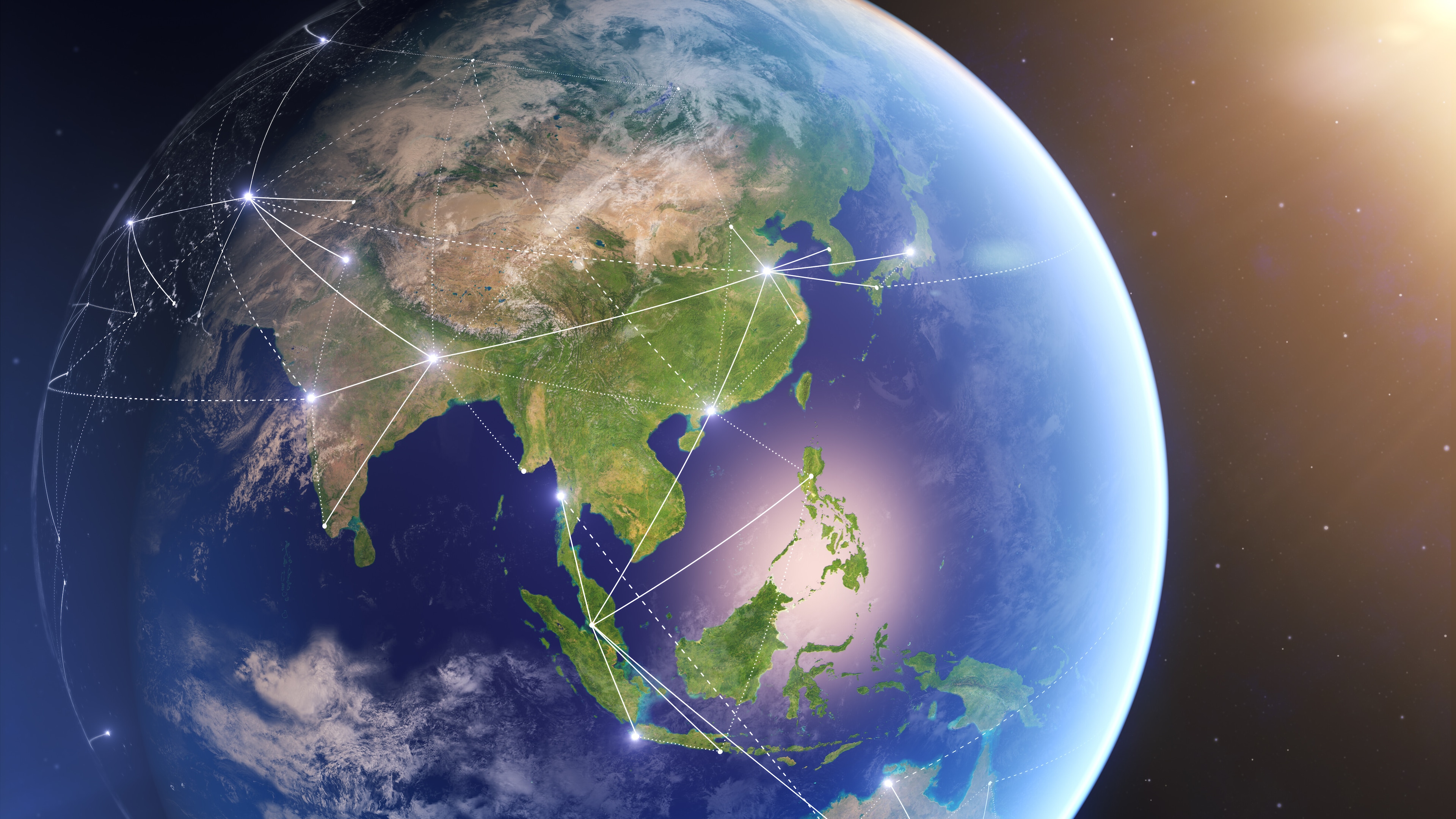Cape Town's drought is causing the economy to dry up too

South Africa's economy could be hit hard when Cape Town runs out of water.
Image: REUTERS/Mike Hutchings
Stay up to date:
South Africa
Rating’s agency Moody’s warned on Monday the water crisis affecting Cape Town would cause the city’s borrowing to rise sharply and the provincial economy to shrink the longer the situation lasted.
A severe drought afflicting South Africa’s Western Cape province is expected to cut agricultural output by 20 percent in 2018, decimating the wheat crop and reducing apple, grape and pear exports to Europe, according to national government.
The City is bracing for “Day Zero” in late August when its taps could run dry.
Moody’s said in a report that one of the most direct impacts would be on Cape Town’s operating revenues, as 10 percent of them are from water charges.
The ratings agency estimates capital expenditure related to water and sanitation infrastructure could be as much as 12.7 billion rand ($1 billion) over the next five years.
“The long-term solutions are likely to require significant capital and operating expenditure,” Daniel Mazibuko, an analyst at Moody’s said.
The drought also threatens to slow South Africa’s economic rebound which has been fueled by a surge in agricultural production. Cape town generated nearly 10 percent of the country’s total gross domestic product in 2016.
Last Tuesday, Statistics South Africa said the economy grew 3.1 percent in October-December, the highest rate since the second quarter of 2016, after expanding by a revised 2.3 percent in the third quarter. Agriculture showed a 37.5 percent expansion after growing 41.1 percent in the previous quarter.
Government has declared drought a national disaster after its southern and western regions including Cape Town got hit hard by the drought, freeing extra funds to tackle the crisis.
Don't miss any update on this topic
Create a free account and access your personalized content collection with our latest publications and analyses.
License and Republishing
World Economic Forum articles may be republished in accordance with the Creative Commons Attribution-NonCommercial-NoDerivatives 4.0 International Public License, and in accordance with our Terms of Use.
The views expressed in this article are those of the author alone and not the World Economic Forum.
Related topics:
Forum Stories newsletter
Bringing you weekly curated insights and analysis on the global issues that matter.
More on Economic GrowthSee all
Atul Kumar
August 12, 2025
Elizabeth Henderson and Daniel Murphy
August 8, 2025
Li Dongsheng
July 31, 2025
Charlotte Edmond
July 30, 2025
Naoko Tochibayashi
July 30, 2025
Matt Watters
July 29, 2025



